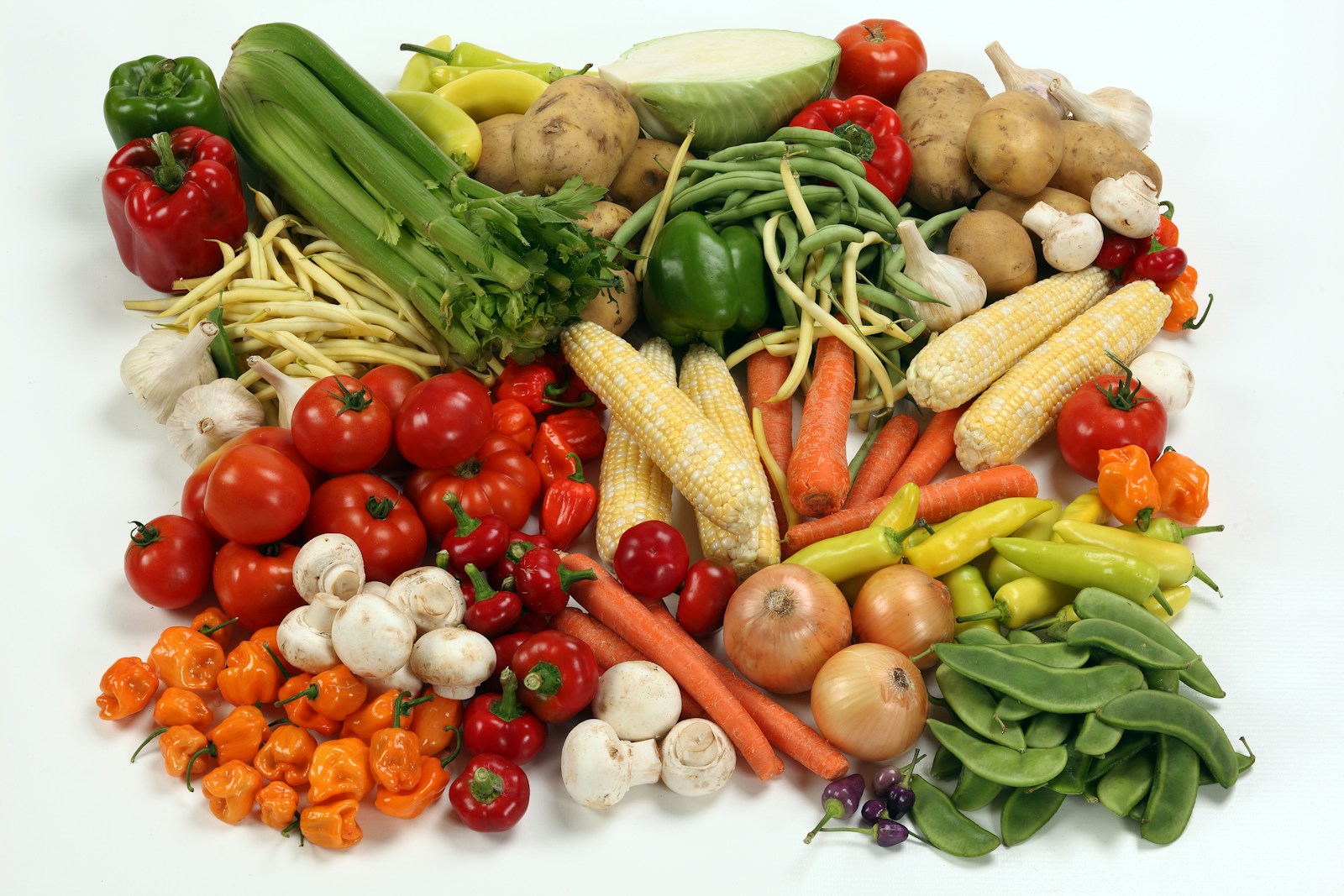In recent years, plant-based diets have gained significant attention for their potential health benefits, ethical considerations, and environmental impact. Whether you’re considering going vegan, vegetarian, or simply incorporating more plant-based meals into your diet, the shift towards a plant-centered lifestyle can lead to numerous positive changes. Let’s explore the health benefits of adopting a vegan or vegetarian diet, and why this approach to eating is becoming increasingly popular.
Understanding Plant-Based Diets
A plant-based diet primarily focuses on foods derived from plants, including vegetables, fruits, grains, nuts, seeds, legumes, and beans. While the terms “vegan” and “vegetarian” are often used interchangeably, they represent different dietary choices:
- Vegetarian: Vegetarians avoid meat, poultry, and fish but may consume animal products such as dairy and eggs.
- Vegan: Vegans eliminate all animal products, including dairy, eggs, and honey, from their diet.
Both diets emphasize whole, unprocessed foods and minimize the consumption of animal products, refined sugars, and unhealthy fats.
Health Benefits of Plant-Based Diets
- Improved Heart Health
- A plant-based diet is rich in fiber, antioxidants, and healthy fats, all of which contribute to better heart health. Studies have shown that vegans and vegetarians have lower cholesterol levels, reduced blood pressure, and a decreased risk of heart disease compared to those who consume animal products. The abundance of fruits, vegetables, whole grains, and legumes in these diets helps keep the cardiovascular system functioning optimally.
- Lower Risk of Chronic Diseases
- Plant-based diets have been associated with a reduced risk of developing chronic diseases such as type 2 diabetes, certain cancers, and obesity. The high intake of fiber, phytonutrients, and antioxidants in plant-based foods helps protect against inflammation, oxidative stress, and the development of chronic conditions.
- Weight Management
- People who follow plant-based diets often experience healthier body weights and lower body mass indexes (BMIs). The focus on whole, nutrient-dense foods that are low in calories and high in fiber helps with weight management. Additionally, plant-based diets are less likely to include high-calorie, processed foods that contribute to weight gain.
- Enhanced Digestive Health
- A diet rich in fruits, vegetables, and whole grains promotes a healthy digestive system. The fiber in plant-based foods aids in digestion, prevents constipation, and supports a diverse and balanced gut microbiome. This, in turn, improves overall digestive health and reduces the risk of gastrointestinal disorders.
- Better Blood Sugar Control
- The low glycemic index of many plant-based foods helps regulate blood sugar levels, making these diets beneficial for individuals with diabetes or those at risk of developing the condition. Whole grains, legumes, and vegetables provide a steady release of energy, preventing blood sugar spikes and crashes.
- Improved Kidney Function
- Consuming a plant-based diet has been linked to better kidney health. The lower intake of animal protein and the emphasis on plant-based proteins reduce the burden on the kidneys, helping to maintain their function and reduce the risk of kidney disease.
- Enhanced Longevity
- Several studies suggest that individuals who follow a plant-based diet tend to live longer, healthier lives. The reduced risk of chronic diseases, better weight management, and overall improved health contribute to increased longevity and a better quality of life in older age.
- Ethical and Environmental Benefits
- Beyond personal health, plant-based diets align with ethical considerations regarding animal welfare and have a significantly lower environmental impact. By reducing or eliminating the consumption of animal products, individuals contribute to the reduction of greenhouse gas emissions, deforestation, and water usage, making plant-based diets more sustainable for the planet.

Tips for Transitioning to a Plant-Based Diet
- Start Gradually
- Transitioning to a plant-based diet doesn’t have to happen overnight. Start by incorporating more plant-based meals into your weekly routine, gradually reducing your intake of animal products.
- Focus on Whole Foods
- Emphasize whole, unprocessed foods such as fruits, vegetables, whole grains, nuts, seeds, and legumes. These foods provide essential nutrients and help you avoid the pitfalls of processed plant-based products that may be high in unhealthy fats and sugars.
- Explore Plant-Based Proteins
- Incorporate a variety of plant-based protein sources such as beans, lentils, tofu, tempeh, quinoa, and nuts. These foods provide the necessary protein and amino acids your body needs without relying on animal products.
- Educate Yourself
- Educate yourself on plant-based nutrition to ensure you’re getting all the necessary nutrients, including vitamin B12, iron, calcium, and omega-3 fatty acids. Consider speaking with a nutritionist or dietitian to help you plan a balanced and nutritious diet.
- Experiment with New Recipes
- Explore the wide variety of plant-based recipes available online or in cookbooks. Experimenting with new ingredients and cooking methods can make the transition enjoyable and satisfying.
- Stay Balanced
- While plant-based diets are healthy, it’s important to maintain a balanced diet. Include a variety of foods to ensure you’re meeting all your nutritional needs.
Conclusion: A Path to Better Health and a Better Planet
Adopting a plant-based diet offers a multitude of health benefits, from improved heart health to a lower risk of chronic diseases. Beyond the physical benefits, plant-based diets also contribute to ethical and environmental sustainability, making them a powerful choice for those looking to improve their health while making a positive impact on the world.
By embracing a diet rich in whole, plant-based foods, you’re not only nourishing your body but also taking a step toward a healthier, more compassionate, and sustainable future. Whether you choose to go vegan, vegetarian, or simply incorporate more plant-based meals into your diet, the benefits are undeniable and far-reaching
















